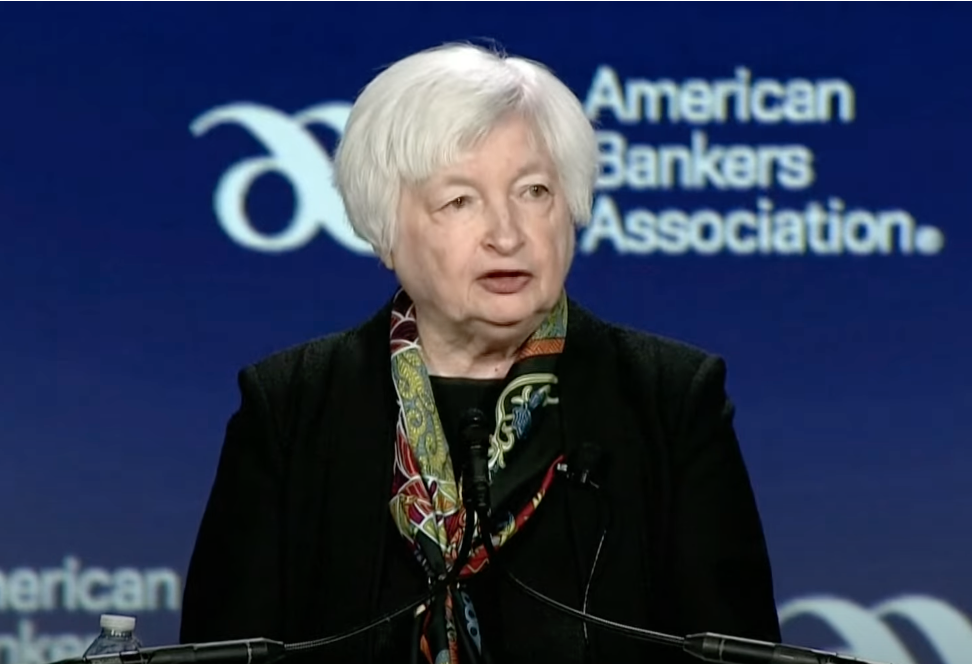The U.S. Treasury Secretary, Janet Yellen, has confirmed June 1 as the critical cut-off for raising the nation's debt ceiling. Failing to do so could push the United States into defaulting on its financial responsibilities.
In her most recent communication to Congress, Yellen warned that the government might struggle to fulfill all of its financial obligations by early June, possibly even from the first day of the month. She has pledged to keep the legislative branch informed, standing firm on her assessment that June 1 presents a non-negotiable deadline.
The urgency of the situation became apparent during President Joe Biden's last hours in Japan. In a solemn evaluation of the ongoing negotiations, Biden raised concerns about the possibility of the Republicans exploiting a national default for political gains. He also noted the expiration of the window for potential unilateral actions to increase the federal borrowing limit, indicating a noticeable change in discourse just days before the deadline for a resolution.
Echoing the President's sentiment, Yellen confirmed that a failure to increase the debt limit would inevitably result in unpaid bills. She stressed the importance of the United States' longstanding record of timely bill payment since 1789, a commitment that the world expects to continue. This record is instrumental in making U.S. Treasury securities the safest investment globally, an image that could be threatened if the nation fails to honor its obligations.
Yellen also minimized the potential for tax revenue or spending to postpone the default date beyond early June. She posited a slim chance of the U.S. avoiding default past June 15 if Congress doesn't intervene.
In discussing negotiation difficulties, Yellen highlighted the Republicans' reluctance to discuss revenue, among other issues. She expressed concern over their support for reducing the resources allocated to the Internal Revenue Service for combating tax fraud.
Yellen concurred with President Biden's assessment of the 14th Amendment's inapplicability under the current circumstances due to legal uncertainty and time constraints. She downplayed the likelihood of additional unilateral actions by the President, reiterating that certain bills will remain unpaid if a resolution is not achieved.
Her fervent hope is that Congress will increase the debt ceiling, underscoring that no acceptable outcomes exist if this does not occur, regardless of the choices made.
Contrary to this position, Republican Rep. Brian Fitzpatrick from Pennsylvania suggested some flexibility beyond the June 1 deadline. He stated that, according to Yellen, June 1 is likely the earliest potential default date, and that the nation should maintain sufficient cash flow to service its debt. He expects the inflow of state tax revenues from the second week of June, potentially alleviating the situation.










